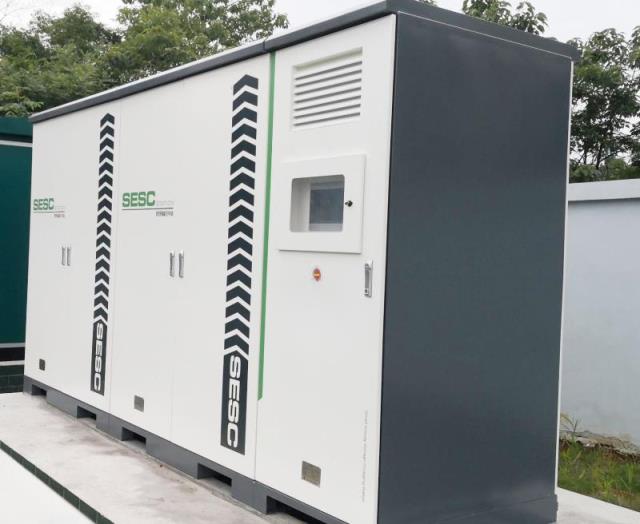
Off-grid energy systems are increasingly becoming a popular choice for those seeking independence from traditional power sources. These systems allow users to harness renewable energy sources, such as solar or wind, ensuring a sustainable and self-sufficient energy supply. However, one crucial aspect that users often overlook is how to effectively manage battery charging within these systems to ensure longevity and efficiency. Properly matching battery charging can enhance performance and extend the lifespan of energy storage solutions.
When setting up an off-grid energy storage system, it's essential to select the right type of battery. Different battery technologies, such as lead-acid, lithium-ion, and nickel-cadmium, have distinct charging requirements. Lead-acid batteries, for example, require a specific voltage and current during charging to prevent damage. In contrast, lithium-ion batteries are more sensitive and generally offer higher efficiency. Understanding these differences can help in selecting the appropriate battery types that will maximize stored energy while ensuring safe and efficient charging.
To achieve successful battery charging, using the correct charge controller is imperative. Charge controllers regulate the flow of electricity from your energy source to the batteries, preventing overcharging and deep discharging. It’s essential to adjust the settings to match the battery’s specifications, such as voltage and temperature. Modern smart charge controllers can automatically adjust these settings, optimizing the charging process and ensuring maximum energy retention. This can be particularly beneficial in off-grid systems where power availability can fluctuate.
Ongoing monitoring of battery performance is vital to ensure the system operates optimally. Installation of battery monitors can provide real-time data regarding state of charge (SOC), depth of discharge (DOD), and overall health of the batteries. By regularly checking these metrics, users can make informed decisions about when to charge, when to discharge, and how to maintain battery health effectively. This proactive approach minimizes the risk of battery failure while enhancing the performance of the off-grid system.
Implementing energy management strategies can significantly improve battery charging efficiency. Users should consider load management practices that prioritize essential energy demands and reduce usage during peak charging times. Additionally, integrating energy storage with smart home technology can automate energy consumption, ensuring an optimal energy balance. By using a combination of strategic planning and modern technology, off-grid users can optimize their battery charging processes for better performance and sustainability.
The evolution of off-grid energy systems continues to advance, focusing on better integration and efficiency. As technology improves, solutions such as advanced energy storage systems and more efficient charge controllers will become readily available. For those invested in off-grid living, staying informed about these advancements is essential for maximizing battery charging and ensuring a sustainable energy future. By understanding and implementing proper charging practices today, users can fully enjoy the benefits of off-grid energy independence tomorrow.
Next:Innovative Off-Grid Energy Storage System Solutions
Previous:Characteristics of Off-Grid Energy Storage Solutions